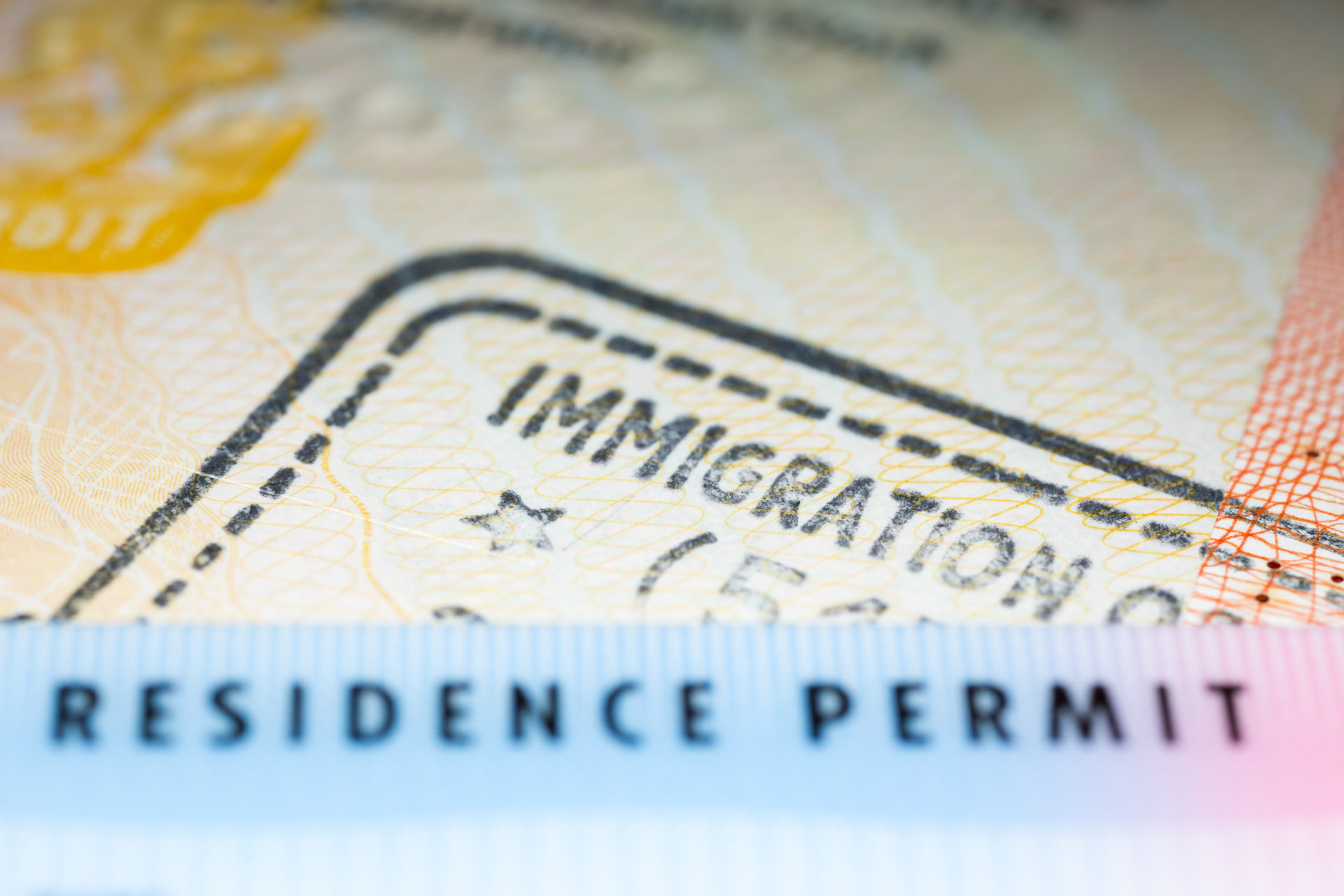Catholic Charities of Tulsa will bring in eight refugees on March 14, two days before President Donald Trump’s new travel ban takes effect, and then will halt all refugee work for the duration of the 120-day ban, said Deacon Kevin Sartorius, executive director.
Trump Monday signed an executive order banning some travelers from six Middle Eastern nations for 90 days, and halting the federal refugee admissions program for 120 days.
The order is a more nuanced version of an earlier travel ban that was overturned in federal court, but still drew criticism from Muslim groups and some civil rights organizations as a ban on Muslims.
Veronica Laizure, civil rights director for the Oklahoma chapter of the Council on American Islamic Relations, said that the administration has “been fairly clear that this is not a Muslim ban, however, the way it is implemented, the citizens who will be affected by it, and statements leading up to the first travel ban, … made it pretty clear that it is a Muslim ban in everything but name.
“It’s not a coincidence that these countries are Muslim-majority countries. This is a continuation of the anti-immigration, anti-refugee, Islamophobic rhetoric that we saw so frequently during the presidential campaign, and in the months following the election,” she said.
On a positive note, she said, CAIR has seen a”huge increase” in volunteers, both Muslim and non-Muslim.
“We’re so grateful for that,” she said.
Sartorius said suspension of the refugee service was not a surprise to Catholic Charities, the only eastern Oklahoma agency approved by the federal government to resettle refugees.
“We have reset our thinking,” he said.
“We’re anticipating a four-month drought of arrivals, … and then we’ll get back to it when it resumes,” Sartorius said.
The last batch of refugees to come in before the ban takes effect will bring to 88 the number of refugees resettled in Tulsa this year, he said. A family of six and a family of two, all Burmese coming from India, will be reunited with family members now living in Tulsa.
Sartorius said Catholic Charities in Tulsa was expecting to bring in 350 refugees in 2017, some 85 percent of them Burmese and 10 percent Russian, but that number has now been reduced to 202, because Trump has halved the total immigrant quota this year to 50,000.
“We trust that the government has a role in choosing what the number should be,” he said.
He said Catholic Charities only brings in the number of immigrants to Tulsa for whom they can find housing, schooling and jobs.
“We want to make sure we do a great job for the refugee, and for the community.”
He said the refugees are all legal, all have work permits and all are grateful for the opportunity to come to the United States. None have had any trouble with the law.
“They work very hard. They’re very responsible people,” he said.
“I have confidence that we’re doing the refugee program right,” he said.
“If the administration would like to review that, and build their own confidence level, we recognize that they have a right to do it.
“I do hope that in the end, when they have made corrections, if necessary, to make us safer as a nation, that we can still welcome people in need. Because it’s a part of the fabric of our culture in the United States to welcome the stranger.”
Sartorius said he would hesitate to call Trump’s executive order a ban on Muslims, since many Muslim-majority countries – like Malaysia, Saudi Arabia and Turkey – are not on the list of banned countries.

